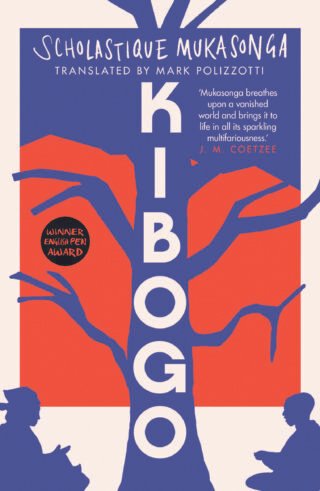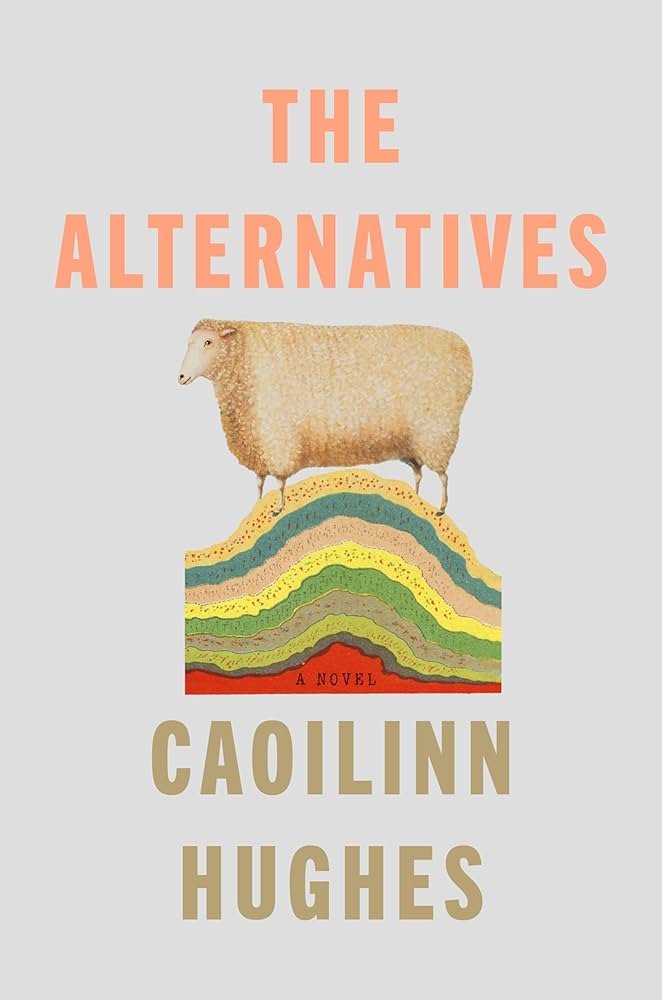Kibogo, Scholastique Mukasonga
“ Mukasonga enchants her prose with magician-like finesse and grants nature with anthropomorphic intention.”
Kibogo, by French-Rwandan Scholastique Mukasonga, is a shrewd, spectral recounting of colonial Rwanda, and the collision of beliefs that occurred there.
Deftly compressed into four interlinking parts, the narrative is traced and retraced from a different perspective in each. Rwanda is in peril after Ruzagayura, a catastrophic famine, strikes during WW2. But for decades prior to this, the Rwandans have been navigating the eradication of their ancient beliefs by European Christianity.
Between a rogue Rwandan priest, a Western professor in search of human sacrifice, and Mukamwezi – part woman part myth – we learn of the tale of Kibogo: inhabitant of the clouds, guardian of the mountains. Sighted in mere glimmers, he survives in the mutterings and premonitions of his people below, and in their faith that he can bring the rain.
The priests use fear-mongering to replace paganism with catechism, belabouring the Rwandans to not only convert, but forget; when Rwandan beliefs are so meshed with their livelihood, forgetting means losing who they are. Mukasonga does not present the Rwandans as victims to the sturdy hierarchy of priests, but when forced into growing coffee beans for export instead of food for their young, and still without rain, they are increasingly unsure of which God to pray to.
The beauty of this brief but fiery book lies in its poetry of the natural world, both worshipped and endured. Mukasonga enchants her prose with magician-like finesse and grants nature with anthropomorphic intention. The primal pulse of the earth, winds and skies drives the novel beyond its lapses in plot momentum.
As readers, we exist between elevated spirituality and imposed dogma. This restless combination makes for an undulating read, studded with horrific reminders of colonial injustice. Rumours dance, murmured after dark and drifting into the subconscious of children raised to whispers of a saviour called Kibogo. This novel illuminates the presence and longevity of such tales; words that move people and through time, despite every effort to erase them.
Editorial Picks




